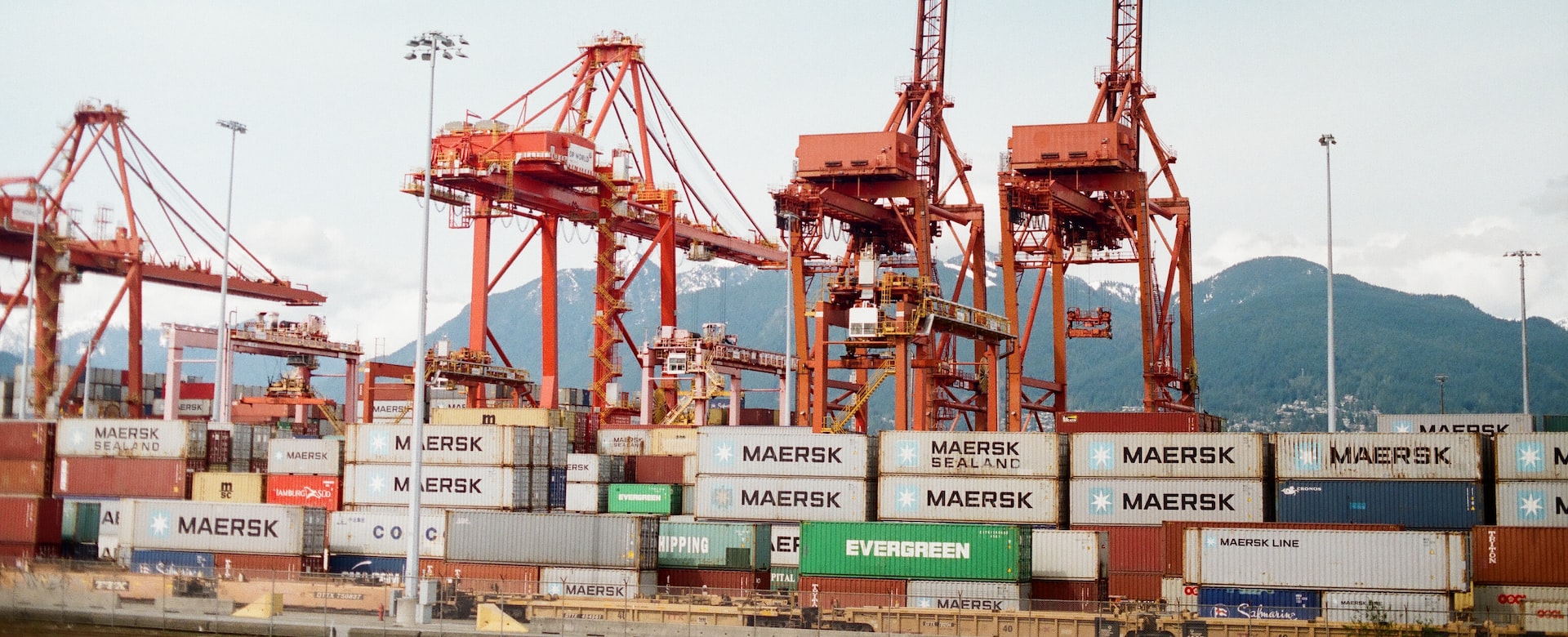
About Us
Vest Shipment is a leading logistics company that specializes in providing reliable and efficient transport services across land, air, and sea. With a focus on delivering excellence to our customers, we have built a reputation for providing cost-effective, safe, and timely transportation solutions for businesses of all sizes. At Vest Shipment, we understand that the success of any logistics operation depends on the quality of the transport services provided. That's why we have invested heavily in our fleet of vehicles, aircraft, and ships, ensuring that we have the latest technology and equipment available to meet the unique needs of our clients.
Our Services
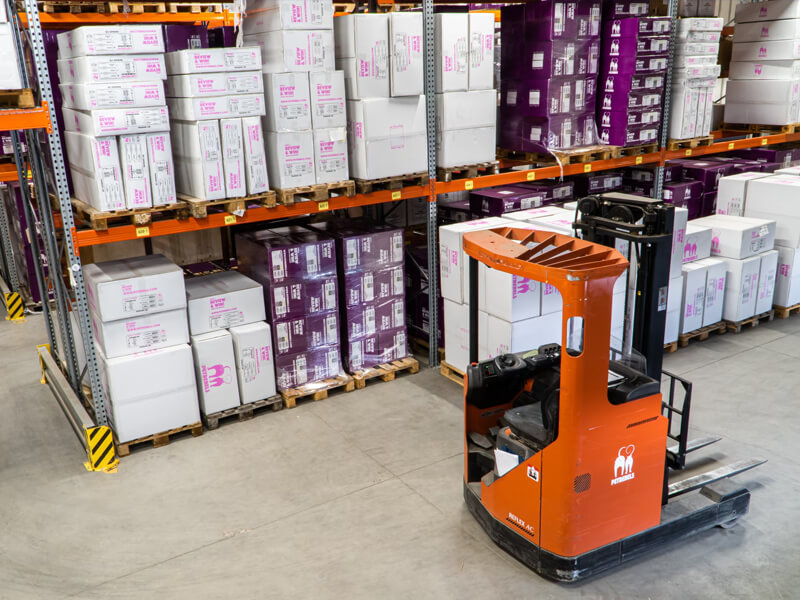
Storage
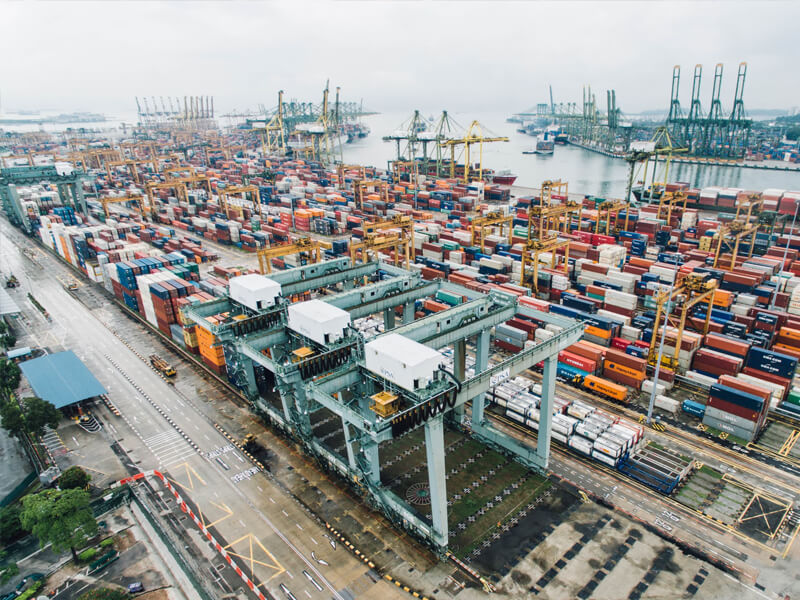
Logistics
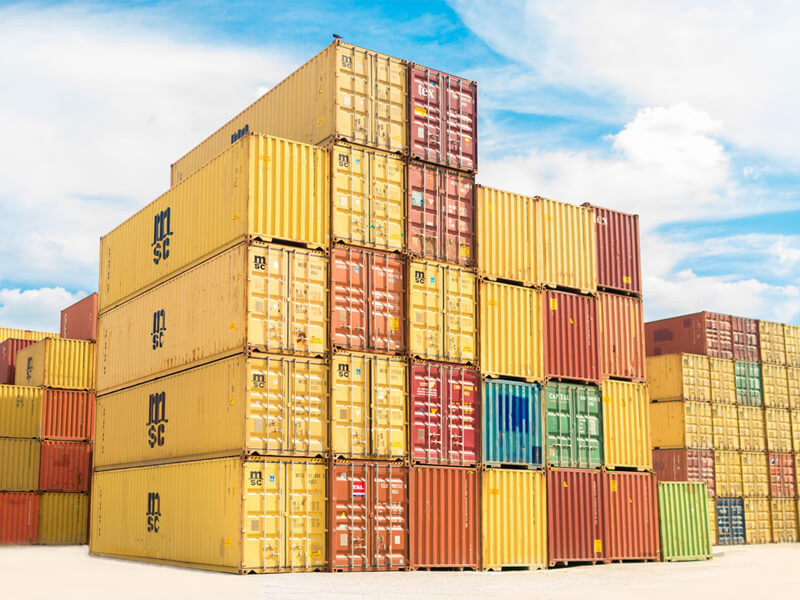
Cargo
Contact US
track@vestshipment.com
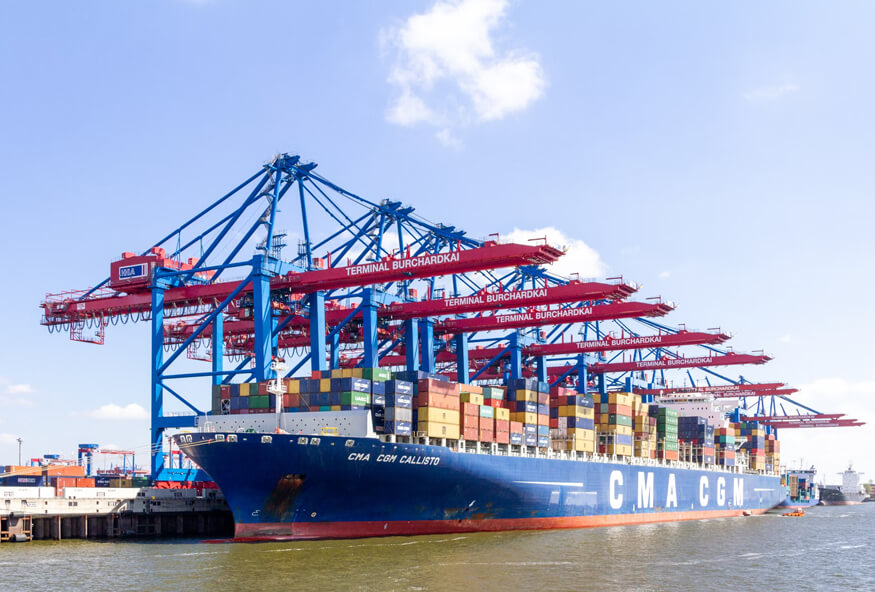
Looking forward to working with us ?
Our team of experienced logistics professionals is dedicated to providing exceptional customer service, with a focus on meeting and exceeding our clients' expectations. From initial planning to final delivery, we work closely with our clients to ensure that their goods are transported safely and efficiently, with real-time tracking and reporting available at every stage of the journey. Whether you require land transport, air transport, or ship transport, Vest Shipment has the expertise and resources to deliver the right solution for your business. Contact us today to learn more about our services and how we can help you take your logistics operation to the next level.
Frequently Asked Questions
Bulk Carriers: Bulk carriers transport bulk cargo, such as coal, iron ore, grains, and minerals. They are characterized by their large cargo holds and are designed for efficient loading and unloading.
Tankers: Tanker vessels are used to transport liquid cargo, including crude oil, petroleum products, chemicals, and liquefied natural gas (LNG). Different types of tankers include oil tankers, chemical tankers, and LNG carriers and several others.
AIS (Automatic Identification System): AIS is a system that transmits and receives information about a vessel's identity, position, speed, course, and other relevant data. It allows vessels to share their information with nearby ships and shore-based stations, enhancing situational awareness.
Electronic Chart Display and Information Systems (ECDIS): ECDIS is a digital navigation system that displays electronic navigational charts and integrates data from various sensors and instruments. It provides real-time information and helps with route planning and collision avoidance.
Bulk Cargo: Ships can transport bulk commodities like coal, iron ore, and grains in large quantities, reducing the need for multiple shipments. Containerization: The use of standardized shipping containers makes it easy to load, unload, and transfer cargo between ships, trucks, and trains, increasing efficiency. Environmental Impact:
Lower Carbon Emissions: Maritime transport has a lower carbon footprint per ton-mile compared to air transport, making it a more environmentally friendly option for long-haul shipping. Efficient Fuel Consumption: Advances in ship design and propulsion systems have improved fuel efficiency, reducing emissions further. Global Connectivity:
Extensive Networks: Shipping routes and ports connect almost every corner of the globe, enabling access to remote areas and facilitating international trade. Intermodal Transport: Ships are often part of a larger logistics chain that includes trucks, trains, and planes, allowing for seamless cargo movement. Safety and Reliability:
Safety Records: Maritime transport has a strong safety record, with stringent regulations and safety measures in place to prevent accidents and protect crew and cargo. Reduced Congestion: Sea lanes are less congested than road networks or airspace, reducing the risk of collisions and delays.